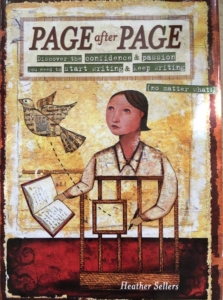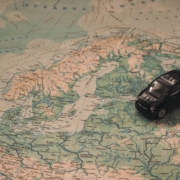Writing on the Run
Love the life you live. Live the life you love.
~ Bob Marley
I have done a lot of driving this past month, and I have more trips coming. My shoulder is sore–one of those side-effects of aging, I think–and driving aggravates it. More important, being on the road disrupts my writing schedule. Knowing that I have a trip coming up is a kind of block to progress, a mental roadblock. I get tense. I feel as though one day of writing isn’t enough. Wouldn’t it be nice if I had two days in a row? Or a week in a row? How about a month of writing days in a row! Yes!
This is not to say that I don’t plan these trips myself. This is not to say that I don’t consider it my privilege to see my mother and take her to the doctor and shopping and out to lunch. (Besides, she buys my lunch.) This is not to say that fetching my 20-year-old home from Bellingham on Thursday doesn’t sound like a good thing.
But it is what it is. It’s funny that I never have any trouble wasting time — playing Spider Solitaire (crack cocaine  for writers, Heather Sellers once told me), or getting stuck watching Reality TV with a daughter because the behavior of those people is just so weird.
for writers, Heather Sellers once told me), or getting stuck watching Reality TV with a daughter because the behavior of those people is just so weird.
What I have to remind myself of, is that I don’t need scads and scads of time in which to write. I need 15 minutes. Lucky me, this morning I had several 15-minute blocks.
Lucky you. You have them, too. If you hear yourself saying, “I can’t,” I recommend that you go straight toward that can’t. I recommend that you embrace whatever it is that you’re resisting. Don’t use anything as an excuse to avoid the pursuit of your passion.
Technically? All you ever have is now.


 I sometimes give students a “how-to” assignment in which they get to write an essay teaching me (and the rest of the class) how to do something they are really good at. It’s surprising how many students write about procrastination. It’s surprising and funny. Ironic! I seriously doubt anyone can teach me anything about procrastination. I am a master-level procrastinator.
I sometimes give students a “how-to” assignment in which they get to write an essay teaching me (and the rest of the class) how to do something they are really good at. It’s surprising how many students write about procrastination. It’s surprising and funny. Ironic! I seriously doubt anyone can teach me anything about procrastination. I am a master-level procrastinator.

